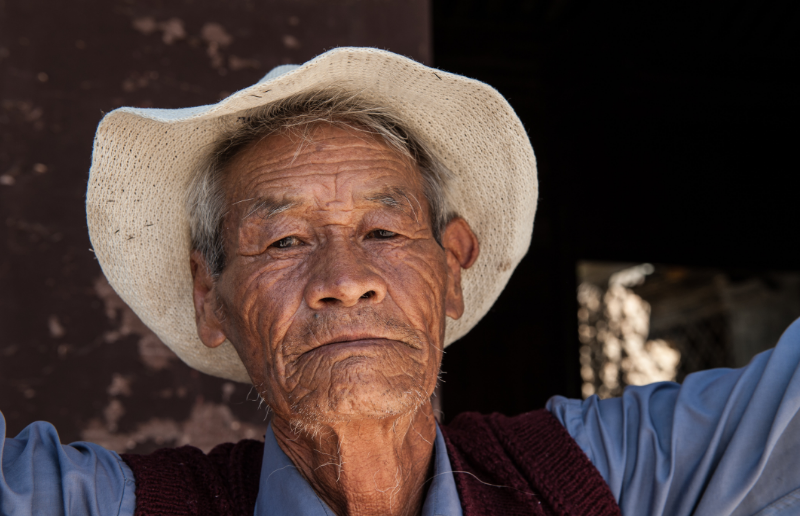Face aging application outbreak makes users ignore risks

It is not possible to know what FaceApp will do with the photos and data obtained from the Facebook of the person who linked to the profile. If a company presented three different addresses - one in Russia, another in the United States and a third in Panama - and tried to provide some service to you using an "internet cake recipe" kind of contract, would you think twice about doing some activity with that company?
At least 100 million people who have downloaded "FaceApp," the app that ages faces and has turned feverish even among the famous, have decided to accept this risk.
There is no suspicion that "FaceApp" poses any danger to those who have used it. But the speed with which an unknown and funny little application conquers millions of downloads ends up leaving our common sense in second place. Worse than taking a risk is taking the risk without being aware that it exists.
And so, wanting to participate in the game, many people stop asking simple questions, such as "where did it come from?”
In the case of FaceApp, it was developed by a Russian company called Wireless Lab. But you wouldn't know this by looking at the application listing on Google Play: there, it claims to be a product of "FaceApp, Inc", a US-based company based in the state of Delaware.
This location in Delaware belongs to a "virtual office" - an address that companies can buy to receive mail and be entitled to a telephone attendant in a privileged geographic location. The question remains, therefore, whether there really is any employee of the app's creator out there.
All websites have registration information, including address, email and sometimes telephone number. The "faceapp.com" site is registered to an address in Panama for a service designed to hide true information in this mandatory registration.
That means it's an openly "false" address, an "iron forehead". This is a valid service for local individuals and small businesses - just as you may not want to be on 102 telephone number or in phone directories - but it is a little suspicious for companies that want credibility on the Internet.
The third address is in Russia, in the city of St. Petersburg, and appears in the "terms of use" of the service. The name "Wireless Lab" also appears in this document, as well as in Apple's App Store. This is the informed address for legal issues and, therefore, the one that has more chances of being the real one.
However, this terms agreement - as well as the "privacy agreement" that explains what information the application collects and how it is used - were not written specifically for FaceApp. Virtually all extracts are copies of other existing contracts on the Internet.
That is, the creators of the application may have adapted a "recipe" or used a "contract generator". The veracity of such a text is quite questionable, but it can also be a measure for a small business to reduce costs.
Although these points are suspicious, none of this was intended to mislead users, but to protect the company. At least, that's what it looks like.
The smartphone is now our digital "sanctuary": it has our photos, emails, passwords, even the token of access to the bank. In the same device, we install games, such as FaceApp. This mixture is dangerous.
These activities have a very strong appeal and are one of the favorite attractions of scammers because fun and humor always invite us to lower our guard.
It is thanks to the action of Google and Apple, that filter the apps present in their stores (the Play Store and the App Store, respectively), that we can install these apps with some guarantee of security. But the chance of something bad going through these filters always exists (as Google, in particular, has demonstrated hundreds of times only in 2019).
Fortunately, at least the worst was avoided. Apparently, it's just a company in Russia developing an app that happened to turn into a fever and made a lot of people have fun collecting more or less the same information as all the other advertising-sponsored apps. At Play Store, FaceApp was even recognized with the "editor's choice" mark.
That said, it is not possible to know what this company will do with the photos and data obtained from Facebook of those who made the link with the profile after the trend passes - and, therefore, the recommendation is to untie the profile after use. This can be done in the area of Applications and websites in Facebook.
Although the risk is low, one thing I guarantee: if my aged photo appears out there, who passed it in the app filter was not me.
Translated from: https://g1.globo.com/economia/tecnologia/blog/altieres-rohr/post/2019/07/17/febre-de-aplicativo-que-envelhece-rostos-faz-usuarios-ignorarem-riscos.ghtml
